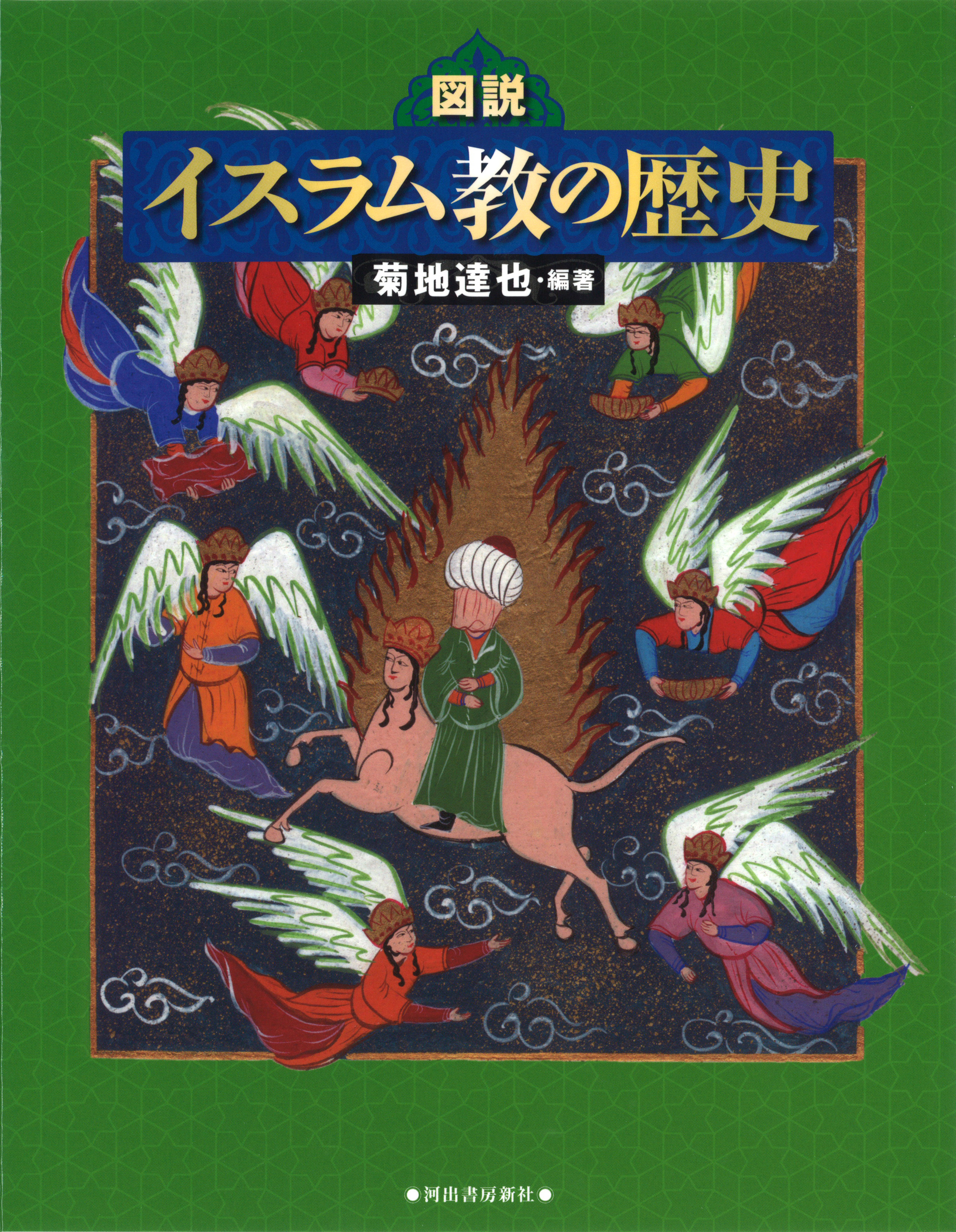
Title
Studies in Islamic Intellectual History Knowledge and Power in Muslim Societies Approaches in Intellectual History
Size
430 pages, hardcover
Language
English
Released
June, 2023
ISBN
9783959941648
Published by
Gerlach Press
Book Info
See Book Availability at Library
Japanese Page
This volume explores intellectual patterns and activities in historical and contemporary Muslim societies, with special reference to their interrelations with power. The chapters delve into a wide array of themes, drawing on sources emanating from a wide variety of milieus spanning from the 8th to the 21st century and encompassing diverse locales from Morocco to Japan. While one may question whether there is a cohesive meaning to this volume, such skepticism is certainly unwarranted.
In recent decades, intellectual history, a broad framework of historical studies that investigates aspects of ideas, intellectual patterns, and intellectual activities in a broad sense, has emerged globally as a vibrant sub-field in Islamic studies. A general shift in the nature of Islamic studies is one of the backgrounds to this trend. It is now increasingly less a Western-centric discipline that approaches Islam (here, in the sense of a civilization or a civilizational world) as a distinct “other” and studies the religion, thoughts, and history thought to characterize it. Instead, more empathetic explorations of individual subjects linked in one way or another to Islam by researchers with differing backgrounds and viewpoints now take the central place.
The increased interest in intellectual history is also observable in Islamic studies in Japan. In addition to the simple fact that Japanese Islamic studies constitutes a part of global Islamic studies, the trend in Japan has a background that is specific to it. Owing to the prevalent inferior complex toward the West originating from Japan’s experiences in the modern era, the interest in Islam tends to emerge in tandem with the intent to challenge the West or relativize the Western-centric worldview. This inclination may, at times, lead to a form of objectification and an essentialist understanding of Islam that is different from that in Western contexts. Against this backdrop, the proliferation of intellectual history studies in Japan reflects a process whereby a field of research initially driven by agendas has reached a measure of maturity and places more emphasis on the individuality of specific phenomena. The foregrounding of interest in intellectual history, which in the Western context aligns with decolonization of Islamic studies and dismounting of the Western-centric worldview inherent therein, takes on a somewhat inverse meaning in the case of Japan.
The idea of the joint research project that resulted in the publication of this volume originated with Professor Sajjad Rizvi of Exeter University, a leading intellectual historian of Islam whose works on Islamic philosophy are especially well known. Professor Rizvi, also known for actively advocating for the decolonization of Islamic studies, identified the potential for dialogue with Japanese researchers, considering them part of the non-Western world. The curiosity to see how the latest research on Islamic intellectual history in Japan would appear to Professor Rizvi’s eyes, which originated from my understanding of the differences between Western and Japanese circumstances, was one of the reasons I accepted his proposal for a joint project between scholars affiliated with Exeter and the group of Japanese scholars I was expected to form.
Thus, this volume serves as a testament to the cutting-edge research on intellectual history in both Japanese and English academic environments. I have yet to ask Professor Rizvi regarding his findings about the chapters by the contributors on the Japanese side from the viewpoint of decolonization of research. I believe, and irrespective of his response, that we could compile something substantial and meaningful together that would further accelerate the rapidly progressing synchronization of Islamic studies in Japan with its counterparts in the UK and beyond.
(Written by MORIMOTO Kazuo, Professor, Institute for Advanced Studies on Asia / 2023)
Table of Contents
Ian Richard Netton
Introduction: Diversifying the Intellectual History of Islam and Muslim Cultures
Sajjad Rizvi and Kazuo Morimoto
PHILOSOPHY
1 Three Portraits of a Philosopher in Islamic Cultures
Sajjad Rizvi
2 Philosophy for Politics: Ancient Greek Philosophy Echoed in Ibn al-Muqaffaʿ’s Writings
Istvan T. Kristo-Nagy
3 The Sorcerer Scholar: Sirāj al-Dīn al-Sakkākī between Grammar and Grimoire
Emily Selove and Mohammed Sanad
4 Knowledge for All: Zayn al-Dīn al-Kaššī (d. before 1228) on Philosophical Writing
Hisashi Obuchi
5 Cancelling the Apocalypse: Refracted Anticipation for the Awaited Mahdī in Sayyid Muḥammad al-Mushaʿshaʿ’s Discourse
Tetsuro Sumida
SCHOLARLY PRODUCTION
6 Didactic Discourse and Sarcastic Expressions in the Context of Abū Hilāl al-ʿAskarī’s Literary Criticism
Mohammed Sanad
7 Writing the Imams’ Virtues under the Interconfessional Policy of al-Nāṣir li-Dīn Allāh: Ibn al-Biṭrīq al-Ḥillī and His Faḍāʾil Works
Ryo Mizukami
8 A Jaʿfarid-Zaynabid Genealogy from Thirteenth-Century Egypt: ʿUrbān Uprising, Najafī Connection, and the Representation of the Twelve Imams
Kazuo Morimoto
9 ʿIlm al-Siyāq and Bureaucrats in Safavid Iran
Nobuaki Kondo
10 Ma Dexin’s Criticism of Saint Veneration: “Chinese”-Flavored Islam Formed by a Denominational Conflict
Tatsuya Nakanishi
THE MAKING OF THE MODERN
11 The Politics of the Bayʿa Ceremony in Modern Morocco
Nozomi Shiratani
12 The Tawḥīd of the Painting of God the Mother
William Gallois
13 Teaching Iranian History: Narrative Style and Messages
Keiko Sakurai
14 Inscribing “God’s Words” in Japan: Connecting the Past to the Present through the Translations of the Qurʾan
Emi Goto
Postscript
Shigeru Kamada
About the Contributors



 Find a book
Find a book




